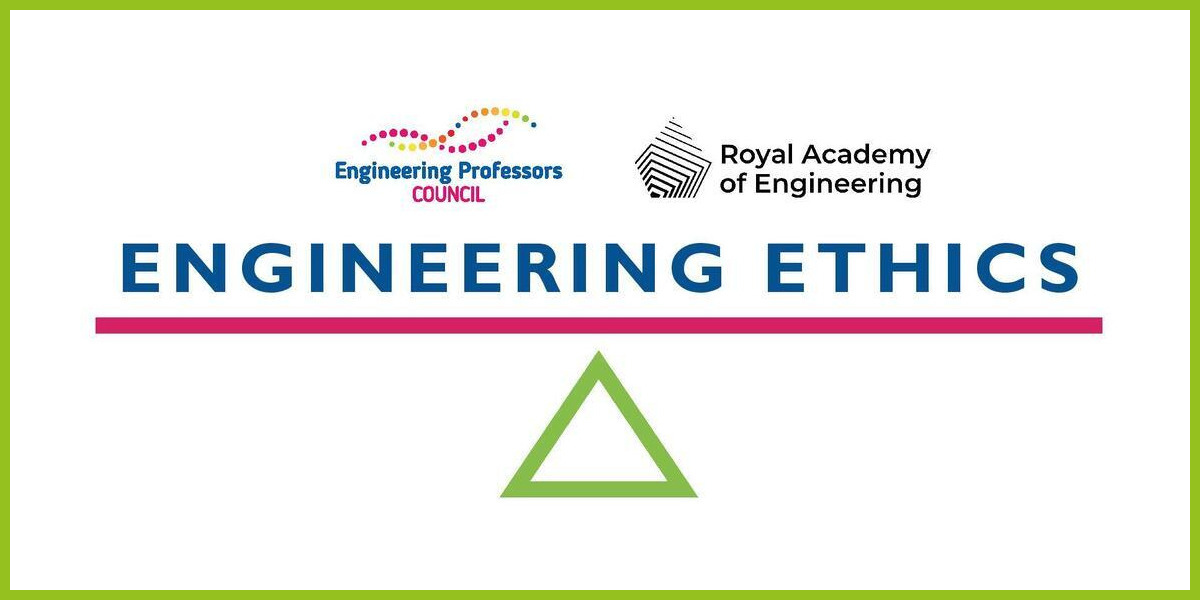The EPC’s Engineering Ethics Toolkit is supported by the Royal Academy of Engineering. This resource is designed to help engineering educators integrate ethics content into teaching.
Contents
The toolkit currently includes the following, but it is a growing resource and we are currently working on further content.
- Ethics Explorer: An interactive tool to help educators navigate the landscape of engineering ethics education. Start here and find your own pathway for embedding ethics.
- Advice and guidance: A library of expertise in engineering ethics and how best to embed learning into teaching practice.
- Assessment: Expert advice on how to assess ethics learning within engineering education
- Case studies: Worked examples of real and hypothetical situations presenting ethical engineering challenges for use in teaching scenarios.
- Case enhancements: Teaching materials and resources that help educators to employ the ethics case studies and lead the activities referenced within them.
- Reports and studies: The latest research on ethics within engineering education and the engineering profession.
- Blogs: Personal experience, news and updates on the Engineering Ethics Toolkit.
- Get involved: A guide to how you can contribute to the Engineering Ethics Toolkit and community.
- Contributor biographies: We would like to thank everyone who has contributed to making the Toolkit such a useful and vital resource.
- Support the Engineering Ethics Toolkit: Collaborate with us and support this important project.
- Our supporters: We would like to thank the Royal Academy of Engineering, which has supported the Engineering Ethics Toolkit since its inception.
Our supporters
These resources have been produced by the Engineering Professors’ Council in partnership with the Royal Academy of Engineering as part of the profession’s on-going work to embed ethical practice into the culture of engineering. See our blog ‘Welcome to the Engineering Ethics Toolkit‘ for an introduction and thoughts on these resources from the EPC’s Vice President.
Licensing
To ensure that everyone can use and adapt the toolkit in a way that best fits their teaching or purpose, most of this work is licensed under a Creative Commons Attribution-ShareAlike 4.0 International License. Under this licence you are free to share and adapt this material, under terms that you must give appropriate credit and attribution to the original material and indicate if any changes are made. Some of these materials are also available as PDF documents on the RAEng website.
More to come
This is just the beginning – we are already working on expanding this toolkit with future projects, including: developing more case studies, devising a system to make the case studies searchable by engineering discipline, ethical issues and so on. Additionally, we are looking to create ‘enhanced’ versions of each case study, including specific teaching materials such as lesson plans, presentations and worksheets. For more information, see our Get involved page.
Any views, thoughts, and opinions expressed herein are solely that of the author(s) and do not necessarily reflect the views, opinions, policies, or position of the Engineering Professors’ Council or the Toolkit sponsors and supporters.




